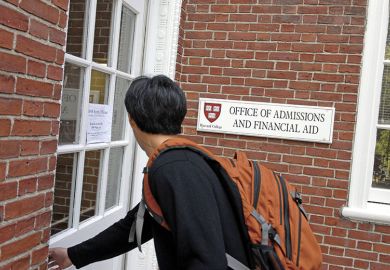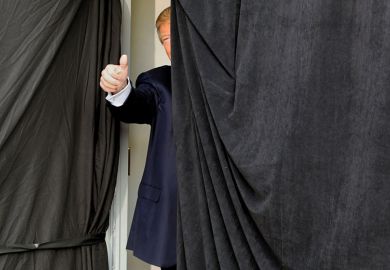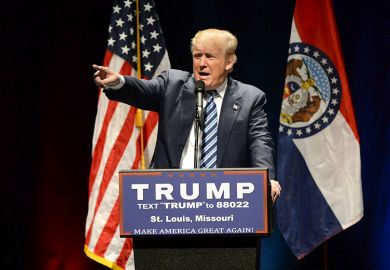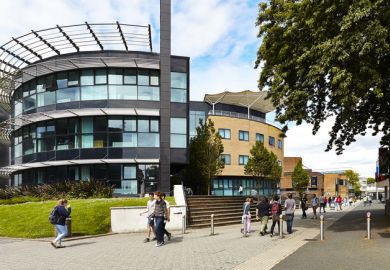Harvard University’s affirmative action trial started out this week as an examination of whether its admissions policies unfairly hurt ethnically Asian applicants to the benefit of black students.
But as the first week of testimony draws to a close, the evidence is illuminating the party that was long suspected to be receiving even greater favourable bias: white applicants from well-connected families.
Data presented at the trial in Boston show that Harvard, over a six-year period, admitted 2,460 Asian students – almost as many as its 2,693 black and Latino admissions combined.
That may help to counter both the individual grievance of the plaintiff, Michael Wang, an Asian-American student challenging his rejection by Harvard, and the broader assertions by his conservative backers that black students are getting unfair benefits.
Yet even more damaging to suggestions of overly generous treatment of black students were data presented at the trial showing that 2,680 white students admitted during the six years were athletes or had family ties to a donor, an alumnus or a university staff member. Harvard’s student newspaper also conducted a survey that found that nearly a third of Harvard’s freshers had alumni parents – the vast majority of them white.
Evidence presented at trial, including internal emails, indicated that such high admissions rates were intentional. One example was a 2013 email in which David Ellwood, then dean of the Kennedy School of Government, thanked William Fitzsimmons, the dean of admissions and financial aid, for admitting a group of students that apparently included a family committed to funding a building on campus.
“Once again you have done wonders,” Professor Ellwood told Dr Fitzsimmons. “I am simply thrilled about the folks you were able to admit.”
Other emails discussed assessments of applicants from a family that had been major donors in the past but seemed unable to continue, and from a family with a valuable art collection that might one day become a gift to Harvard.
Mr Wang’s lawsuit against Harvard is being led by Edward Blum, a conservative activist who has largely failed in past attempts to cast white students as victims of affirmative action policies. US courts, including the Supreme Court, have repeatedly ruled that colleges may use race as a factor in their admissions decisions.
Harvard gets about 40,000 applications a year for some 2,000 places. It has denied practising “discrimination” in making its admissions decisions, but it has admitted to using race as a factor given the value of exposing its students to a variety of human backgrounds and experiences.
At the trial, Dr Fitzsimmons acknowledged giving a boost to black students beyond pure measures of academic merit. Black students currently account for about 15 per cent of Harvard enrolment, and data presented at the trial suggested that that figure would be 6 per cent or lower if race was not considered.
Asian-American students, on the other hand, would see their share of places at Harvard rise from 19 per cent to about 43 per cent if only academic credentials were weighed, according to Harvard’s own data.
The trial is expected to last about three weeks. The parties may need to wait several years beyond that for any final decision by the US Supreme Court should the ruling from the federal court in Boston get challenged that far.
Register to continue
Why register?
- Registration is free and only takes a moment
- Once registered, you can read 3 articles a month
- Sign up for our newsletter
Subscribe
Or subscribe for unlimited access to:
- Unlimited access to news, views, insights & reviews
- Digital editions
- Digital access to THE’s university and college rankings analysis
Already registered or a current subscriber?








